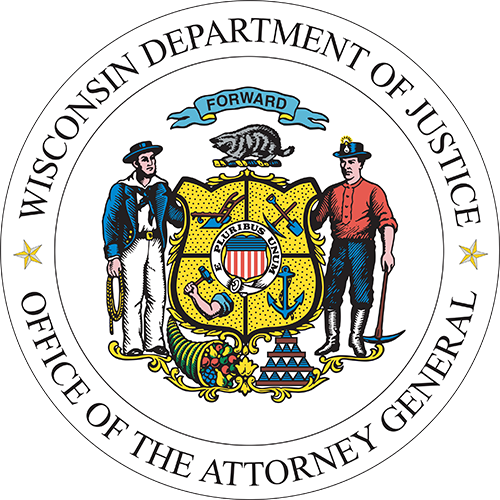Governor Evers, Attorney General Kaul Join Multistate Coalition in Fight Against Idaho’s Radical Abortion Ban
MADISON, Wis. – Wisconsin Governor Tony Evers and Attorney General Josh Kaul joined a coalition of 24 attorneys general on Friday backing the Biden administration’s challenge to Idaho’s near-total ban on abortion. In an amicus brief filed in United States of America v. Idaho, the multistate coalition supported the U.S. government’s argument that the ban conflicts with the Emergency Medical Treatment and Labor Act (EMTALA), a federal law that requires doctors and hospitals to provide necessary abortion care to pregnant people in case of medical emergencies. The coalition further argued that Idaho’s ban not only endangers the lives and health of pregnant individuals in the state but would also have serious repercussions on the health systems of other states.
“Every person, no matter where they live, deserves the right to make their own healthcare decisions without interference from politicians who don’t know anything about their lives, their family, or their circumstances,” said Gov. Evers. “Just last week, abortion care resumed in Wisconsin as a result of our legal action, and we are glad to be joining 23 other states in continuing this fight against attacks on reproductive freedom across our country.”
“Extreme restrictions that deny access to safe and legal abortion even when medical emergencies arise are both dangerous and inconsistent with federal law,” said Attorney General Kaul. “The courts should make clear that federal law protects against draconian denials of abortion care when that care is needed to stabilize emergency medical conditions.”
Every hospital in the United States that operates an emergency department and participates in Medicare is subject to EMTALA. Under the law, emergency departments are required to provide all patients who have an emergency medical condition with the treatment required to stabilize their condition. Under Idaho’s radical abortion ban, which came into effect after the U.S. Supreme Court’s June 2022 decision overturning Roe v. Wade, healthcare providers would face criminal prosecution, or lose their license for providing this medically necessary care.
In August 2022, the Biden administration successfully sued to block enforcement of the ban, arguing in the U.S. District Court for the District of Idaho that the ban conflicts with protections afforded by EMTALA. Now, Idaho is appealing the district court’s decision in the U.S. Court of Appeals for the Ninth Circuit. Friday’s amicus brief by the multistate coalition backs the federal government’s case in the Ninth Circuit, arguing that:
- Decades of federal guidance and court precedent have held that stabilizing treatment under EMTALA includes emergency abortion care, and states have relied on that determination to protect their residents' health and safety.
- Preventing medical providers from performing abortions needed to treat emergency medical conditions threatens the health and lives of pregnant patients. Many pregnancy and miscarriage complications are emergency medical conditions requiring time-sensitive stabilizing treatment that can include abortion. In an emergency, any failure to provide, or delays in providing, necessary abortion care can put at risk the pregnant patient’s life or health.
- If Idaho hospitals and providers do not provide the emergency abortion care required by EMTALA, patients will be forced to turn to out-of-state hospitals and providers, adding strain to other states’ emergency departments that are already struggling with overcrowding, long wait times, and staff shortages. The added strain will cause more delays and threaten the safety and health of all patients who need emergency care.
Friday’s amicus brief was led by the attorneys general of California and New York, who were joined by the attorneys general of Arizona, Colorado, Connecticut, Delaware, Hawaii, Illinois, Maine, Maryland, Massachusetts, Michigan, Minnesota, Nevada, New Jersey, New Mexico, North Carolina, Oregon, Pennsylvania, Rhode Island, Vermont, Washington, Wisconsin, and the District of Columbia.
